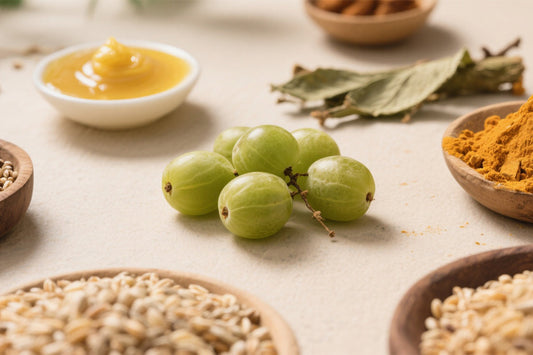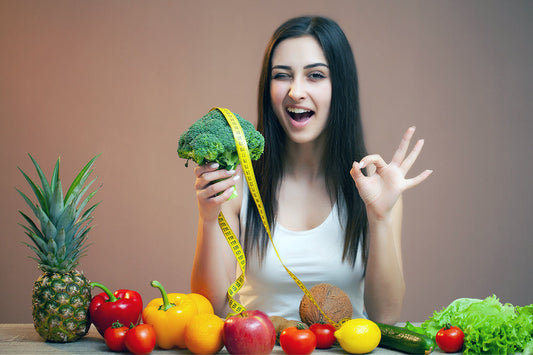Quercetin is a naturally occurring flavonoid found in many fruits, vegetables, and other foods. It is well-known for its powerful antioxidant and anti-inflammatory properties, helping to support the immune system, and combat free radicals in the body. Incorporating foods rich in quercetin into your diet can provide numerous health benefits, from supporting blood pressure management to helping maintain overall wellness. For those who prefer to get their nutrients from natural sources rather than dietary quercetin supplements, this guide will highlight five top foods that are excellent sources of quercetin.
- Red Onions
Red onions are one of the richest food sources of quercetin, packing a significant punch of this beneficial compound. Known for their distinct flavor and vibrant color, red onions provide more quercetin than their white and yellow counterparts. Including red onions in your meals can help maintain healthy inflammatory response and provide antioxidant support, making them an excellent addition to your diet. You can enjoy them raw in salads, sautéed in stir-fries, or caramelized as a sweet and savory topping. Just a medium-sized red onion can offer up to 45 mg of quercetin, making it a flavorful way to get your daily intake of this powerful flavonoid.
- Apples
Apples, especially the varieties with red or green skins, are another great source of quercetin. This popular fruit contains a good amount of quercetin in its peel, which contributes to its many health benefits. Eating apples regularly can help enhance your intake of antioxidants and support your immune system. To maximize the quercetin content, opt for eating apples with the skin on. A single medium apple can provide around 4 mg of quercetin, which can be a beneficial addition to the daily recommended 500 mg of quercetin for optimal health. Including apples as snacks, in smoothies, or as part of your breakfast can be a delicious way to reap the benefits of quercetin.
- Red Wine
Red wine is not just a delightful beverage; it’s also a notable source of quercetin, thanks to the flavonoid-rich grapes used in its production. The quercetin content in red wine varies, but it’s generally higher than in white wines due to the longer fermentation process with grape skins. This helps retain more of the antioxidants that contribute to the health benefits associated with moderate red wine consumption. Enjoying a glass of red wine occasionally can help maintain heart health and provide a modest amount of quercetin, making it a pleasurable way to include this antioxidant in your routine. However, it’s essential to consume alcohol in moderation to avoid potential side effects.
- Capers
Though small in size, capers are surprisingly rich in quercetin, offering one of the highest concentrations among foods. Commonly used as a flavorful addition to Mediterranean dishes, capers provide an impressive amount of quercetin—up to 180 mg per 100 grams. Adding capers to salads, pasta dishes, or as a garnish can significantly contribute to your daily quercetin intake and help support your body’s natural defense against free radicals. Their unique flavor also adds a burst of taste without the need for excessive seasonings, making them a great choice for those watching their sodium intake.
- Green Tea
Green tea is well-known for its health-promoting properties, and one of its key compounds is quercetin. Drinking green tea regularly can help maintain healthy inflammatory response and support cardiovascular health due to its rich antioxidant profile. A cup of green tea contains a variety of beneficial compounds, including quercetin, catechins, and other polyphenols, making it an ideal beverage for those looking to enhance their overall wellness. Enjoying green tea daily can be an easy way to incorporate a natural source of quercetin, along with a host of other antioxidants, into your diet.
Conclusion
Adding foods high in quercetin to your daily meals can help support your body’s natural functions, promote cardiovascular health, and provide healthy inflammatory support. Whether you enjoy a crisp apple, add some capers to your dishes, sip on green tea, or savor a glass of red wine, these foods are a tasty and effective way to get your daily quercetin intake. While you can also consider quercetin supplementation, obtaining this flavonoid from natural food sources ensures you benefit from the synergistic effects of the other nutrients present in these foods. Including a variety of these quercetin-rich foods in your diet can be a great strategy to help maintain overall wellness and support your body against everyday stressors.






